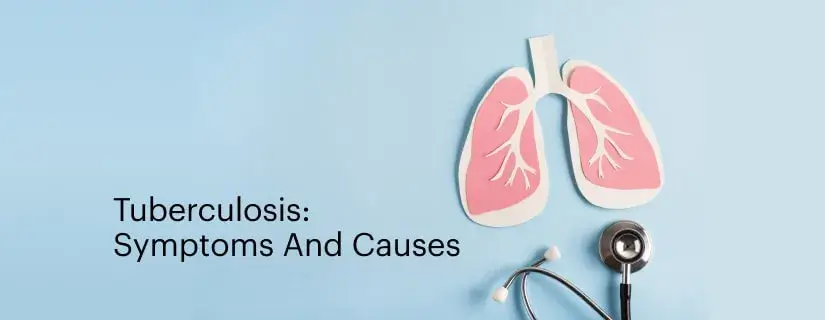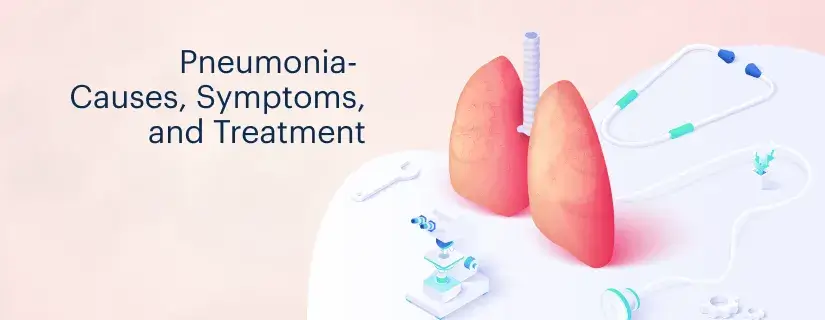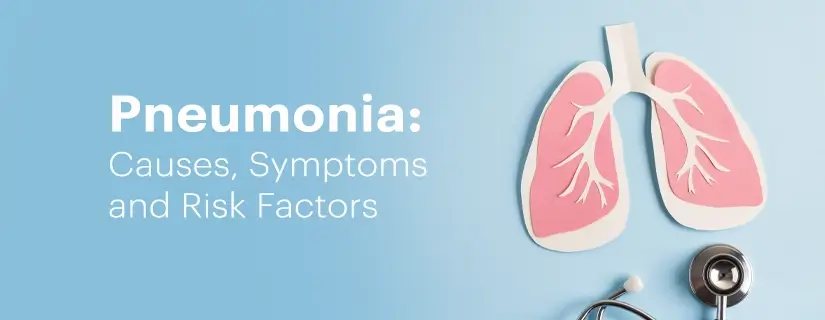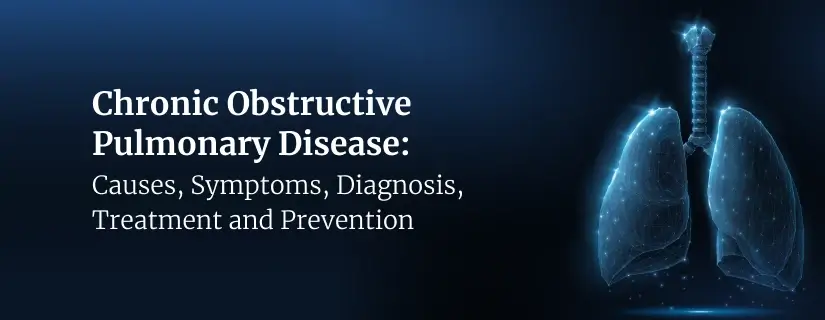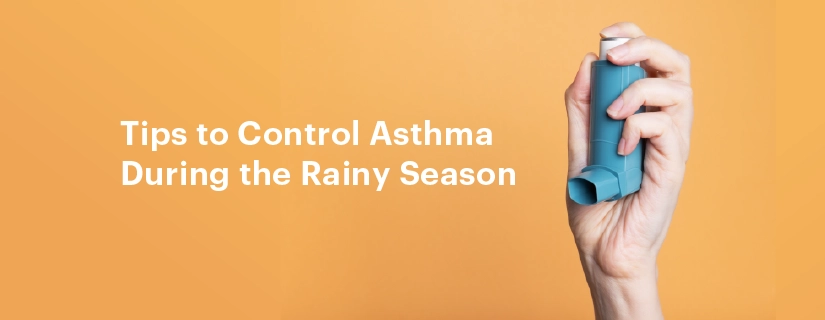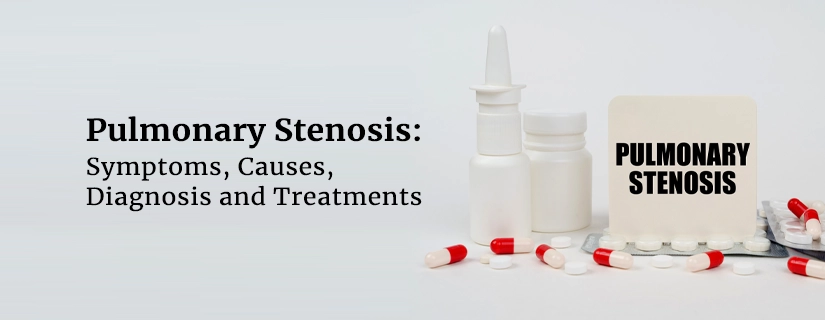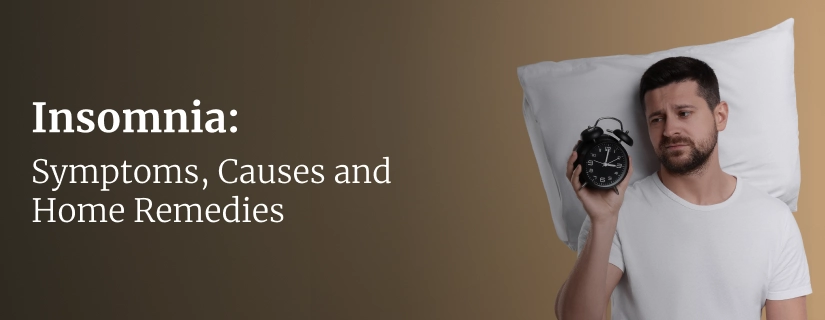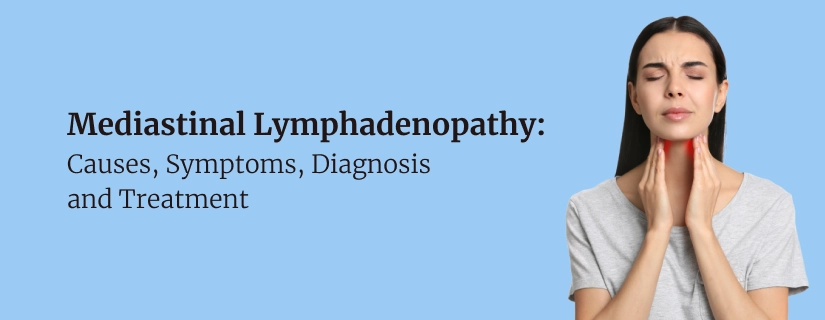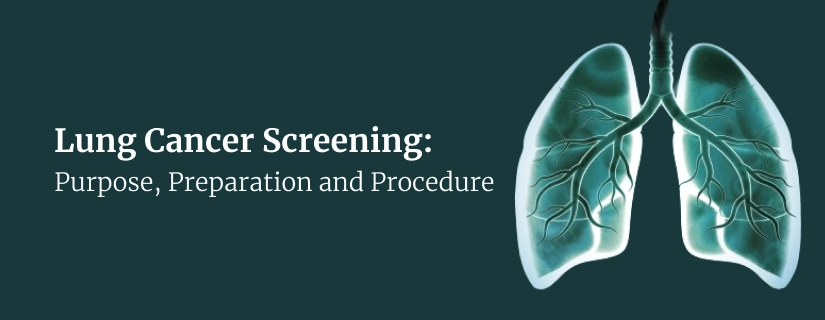-
Doctors
-
Specialities & Treatments
Centre of Excellence
Specialties
Treatments and Procedures
Hospitals & Directions HyderabadCARE Hospitals, Banjara Hills CARE Outpatient Centre, Banjara Hills CARE Hospitals, HITEC City CARE Hospitals, Nampally Gurunanak CARE Hospitals, Musheerabad CARE Hospitals Outpatient Centre, HITEC City CARE Hospitals, Malakpet
HyderabadCARE Hospitals, Banjara Hills CARE Outpatient Centre, Banjara Hills CARE Hospitals, HITEC City CARE Hospitals, Nampally Gurunanak CARE Hospitals, Musheerabad CARE Hospitals Outpatient Centre, HITEC City CARE Hospitals, Malakpet Raipur
Raipur
 Bhubaneswar
Bhubaneswar Visakhapatnam
Visakhapatnam
 Nagpur
Nagpur
 Indore
Indore
 Chh. Sambhajinagar
Chh. SambhajinagarClinics & Medical Centers
Book an AppointmentContact Us
Online Lab Reports
Book an Appointment
Consult Super-Specialist Doctors at CARE Hospitals
Asthma - Symptoms, Causes, Treatment and Remedies
Updated on 23 May 2022

Asthma, commonly referred to as bronchial asthma, is a lung condition. It's a chronic (continuing) ailment, which means it won't go away and will require ongoing medical care. However, we can take precautions in advance by gaining knowledge on Asthma causes and treatment.
Check in to the best hospital for asthma treatment in Hyderabad before it gets fatal.
Asthma Attack
In regular breathing, the muscles surrounding your airways relax, allowing air to pass through freely and comfortably. While during an asthma attack, the following three things can happen:
- Bronchospasm: The muscles that surround the airways constrict(tighten). When they constrict, your airways get narrow. Constricted airways prevent air from flowing freely.
- Inflammation: The lining of your airways swells up. Swollen airways restrict the amount of air that enters and exits your lungs.
- Mucus production: Your body produces more mucus during an asthma assault. The mucus blocks the airways.
- When your airways become constricted, a wheezing sound is created when you breathe. An asthma episode is also known as an exacerbation or a flare-up. It's what happens when your asthma isn't under control.
Categories of Asthma
According to the causes and severity of the symptoms, Asthma can be broken down into different categories:
- Intermittent: This type of asthma comes and goes so you can feel normal in between asthma flares.
- Persistent: When you have persistent asthma, you have symptoms almost all of the time. Symptoms might range from mild to severe. The severity of asthma is determined by how frequently you have symptoms. The ability to perform tasks during an attack is also taken into account.
It can also be categorised under:
- Allergic: Allergies can trigger an asthma attack in certain people. Moulds, pollens, and pet dander are examples of allergens.
- Non-allergic: Asthma flare-ups can be triggered by non-allergic reasons. Exercise, stress, illness, and the weather can all trigger an attack.
Asthma can also be:
- Adult-onset: This type of asthma starts after the age of 18.
- Paediatric: This type of asthma, often known as childhood asthma, usually develops before the age of five and can affect newborns and toddlers. There’s a chance that Children might outgrow Asthma.
In addition, there are these types of asthma:
- Exercise-induced asthma: Also called exercise-induced bronchospasm. It is triggered by some sort of exertion.
- Occupational asthma: This type of asthma usually develops in people who primarily work around irritating substances.
- Asthma-COPD overlap syndrome (ACOS): This occurs when asthma and chronic obstructive pulmonary disease (COPD) are present. Both diseases make it difficult to breathe.
Who Can Get Asthma?
Asthma can develop in anyone at any age. Asthma is more likely to occur in those who have allergies due to irritants.
According to statistics, females have a higher chance to develop asthma than males.
Causes of Asthma
What causes asthma?
Researchers are yet to figure out exactly why some people develop asthma and others do not. However, several circumstances increase the risk:
- Allergies: If you have allergies, you're more likely to acquire asthma.
- Environmental factors: People who are exposed to items that irritate the airways can develop asthma. Allergens, poisons, fumes, and second-hand or third-hand smoke are examples of these irritants. These are particularly dangerous for newborns and young children, whose immune systems have not yet fully developed.
- Genetics: You have a higher risk of acquiring asthma or allergy illnesses if your family has a history of them.
- Respiratory infections: Infections such as a respiratory syncytial virus (RSV), can harm a child's growing lungs.
Asthma Triggers
If you come into contact with irritants, you may experience an asthma attack. Knowing what causes asthma attacks makes it easier to avoid attacks.
How a trigger reacts varies from person to person, for some, the attack may start immediately while for others may begin hours or days later.
Triggers can be different for each person. But some common triggers include:
- Air Pollution - Factory emissions, automobile exhaust, and wildfire smoke are all examples of air pollution.
- Dust Mites - Dust mites are insects which cannot be seen by the naked eye. They can trigger an asthma attack if you have a dust mite allergy.
- Exercise - Exercising can trigger an attack in certain people.
- Mould - Mould can grow in damp environments, which can be problematic if you have asthma. An attack can occur even if you are not allergic to mould.
- Pests - Cockroaches, miYour pets may trigger asthma episodes.
- Pets - Breathing in pet dander (dry skin flakes) can irritate your airways if you're allergic to it.
- Smoke from tobacco - If you or someone in your household smokes, you are more likely to get asthma. You should never smoke in enclosed spaces such as a car or your house, and quitting smoking is the best option.
- Noxious substances or odours - Some folks may be triggered by these things.
- Specific occupational hazards - Cleaning products, flour or wood dust, and other chemicals are just some of the things you could be exposed to at work. If you have asthma, they can all be triggers.
Signs and Symptoms of Asthma
People with asthma usually have obvious symptoms. These signs and symptoms resemble many respiratory infections:
- Chest tightness, pain, or pressure.
- Coughing (especially at night).
- Shortness of breath.
- Wheezing.
You may not experience all of these symptoms with every asthma attack. Chronic asthma can cause a variety of symptoms and indicators at different periods. Between asthma attacks, symptoms might also alter.
Diagnosis
Usually made by the history given by the patient and spirometric evaluation.
Treatment
Preventing asthma attacks and maintaining long-term control is essential. Learning to recognize your triggers, taking efforts to avoid them, and charting your breathing to ensure that your medicines are keeping your symptoms under control are all part of treatment.
Medications
Long-term asthma control medications- They are the cornerstone of asthma treatment and are usually taken daily. These drugs help keep asthma under control on a daily basis and reduce the chances of an asthma attack. Types of long-term control medications include:
- Inhaled corticosteroids- They need to be used for several days to weeks before they reach their maximum benefit. Inhaled corticosteroids in comparison to oral corticosteroids have a relatively low risk of serious side effects.
- Leukotriene modifiers. These oral medications help relieve asthma symptoms.
- Montelukast has been related to agitation, violence, hallucinations, depression, and suicidal ideation, among other things. If you have any of these reactions, seek medical help immediately.
- Combination inhalers. These medications contain a long-acting beta-agonist along with a corticosteroid.
- Theophylline. It is a daily pill that helps keep the airways open by relaxing the muscles around the airways. It's not used as often as other asthma medications and requires regular blood tests.
Quick-relief (rescue) medications - They are used as needed during an asthma attack for quick, short-term symptom relief. If your doctor recommends it, you can also take them before exercising. Types of quick-relief medications include:
- Short-acting beta-agonists. These quick-acting bronchodilators are inhaled and work quickly to relieve symptoms during an asthma attack. A portable, hand-held inhaler or a nebulizer, a machine that converts asthma medications into a fine mist, can be used to take short-acting beta-agonists. They're inhaled using a mouthpiece or a face mask.
- Anticholinergic agents. They act quickly to immediately relax your airways, making it easier to breathe. They're mostly used for emphysema and chronic bronchitis, but can be used to treat asthma.
- Oral and intravenous corticosteroids. These medications help to relieve asthmatic airway inflammation. Because long-term use of these medications might produce dangerous side effects, they are only used to treat severe asthma symptoms.
If you have an asthma flare-up, a quick-relief inhaler can ease your symptoms right away. But you shouldn't need to use your quick-relief inhaler very often if your long-term control medications are working properly.
Allergy medications may help if your asthma is triggered or worsened by allergies. These include:
- Immunotherapy. It gradually reduces your immune system's reaction to specific allergens. You generally receive shots once a week for a few months, then once a month for a period of three to five years.
- Biologics. These medications are specifically for people who have severe asthma.
Bronchial thermoplasty
This treatment is resorted to when severe asthma has not responded well to inhaled corticosteroids or other long-term asthma therapies. It isn't readily available, and it isn't appropriate for everyone.
Now that we know everything about asthma symptoms and treatment, it is good practice to take care of it as early as possible to avoid severe health complications. We are amongst the best hospital for asthma treatment in Hyderabad as we focus on the diagnosis and treatment of various respiratory disorders. It is a one-stop centre for all lung-related disorders.
FAQ's
Is asthma a serious illness?
Asthma can be a serious condition, especially during severe attacks. It requires proper management and treatment to control symptoms and prevent complications.
Can asthma go away naturally?
Asthma is a chronic condition; while some children may outgrow it, for most people, it requires long-term management and may not completely disappear.
What drink is good for asthma?
Warm liquids like herbal teas or warm water with honey might help soothe an irritated throat. However, there's no specific drink that cures asthma.
Is drinking a lot of water good for asthma?
Staying hydrated is essential, but there's no evidence that drinking excessive amounts of water directly improves asthma symptoms.
What helps with asthma at night?
Using prescribed inhalers or nebulizers before bedtime, keeping the sleeping area free of triggers like dust or pet dander, and sleeping with an elevated head may help manage nighttime asthma symptoms.
What is the fastest relief for asthma?
Short-acting bronchodilators (rescue inhalers) are the fastest-acting medications for relieving acute asthma symptoms like wheezing or shortness of breath. However, it's crucial to follow your doctor's advice for proper asthma management.
ENQUIRY FORM
SELECT CATEGORIES
-
Neurosciences (16)
-
Neurology (37)
-
Neurosurgery (14)
-
Orthopaedics (48)
-
Oncology (33)
-
Obstetrics and gynecology (52)
-
Pulmonology (23)
-
Urology (20)
-
Nephrology (13)
-
Psychiatry (7)
-
Dietetics and Nutrition (111)
-
General Medicine (63)
-
Cardiac Sciences (32)
-
Vascular & Endovascular Surgery and Interventional Radiology (15)
-
Gastroenterology (46)
-
Endocrinology (23)
-
Plastic Surgery (10)
-
Critical Care Medicine (5)
-
COVID-19 (16)
-
Dermatology (16)
-
Emergency Care (1)
-
Ophthalmology (4)
-
Pediatrics (14)
-
Laparoscopic and Bariatric Surgery (8)
-
ENT (15)
-
Kidney Transplant (1)
-
Liver Transplantation and Hepatobiliary Surgery (5)
-
General Surgery (3)
-
Internal Medicine (5)
-
Medicine Information
Asthma: A Brief Overview of the Chronic Lung Condition
How to know if you're having an asthma attack?
YOU MAY ALSO LIKE
RECENT BLOGS
-

Preterm Birth (Premature Birth): Symptoms, Causes, Treatment and Prevention
13 May 2025
Read More
-

Rotablation Angioplasty: Benefits, Treatments, And Recovery Time
9 May 2025
Read More
-

What Is The Difference Between IUI and IVF?
9 May 2025
Read More
-

Venous Malformations: Causes, Symptoms, and Treatment
30 April 2025
Read More
-

Varicose Vein Foam Sclerotherapy: Treatment, Benefits, and Procedure
30 April 2025
Read More
-

Radiofrequency (RF) Ablation Treatment for Varicose Veins: Know More
30 April 2025
Read More
-

Varicose Vein Sclerotherapy: Treatment, Benefits, and Procedure
30 April 2025
Read More
-

Varicose Vein Endovenous Laser Ablation: Procedure, Benefits, Risks
30 April 2025
Read More
Have a Question?
If you cannot find answers to your queries, please fill out the enquiry form or call the number below. We will contact you shortly.









